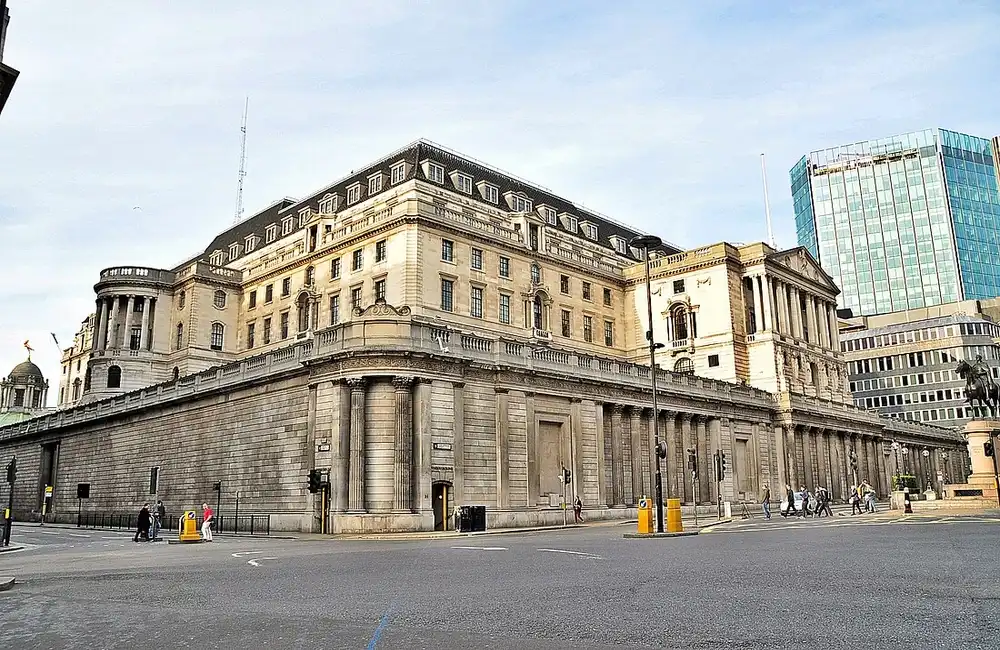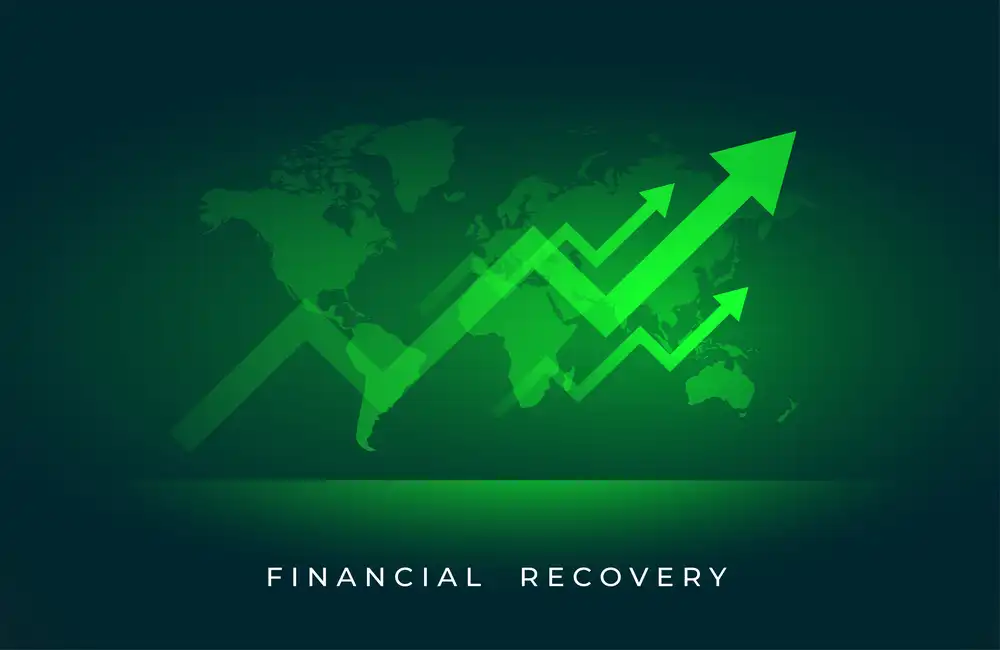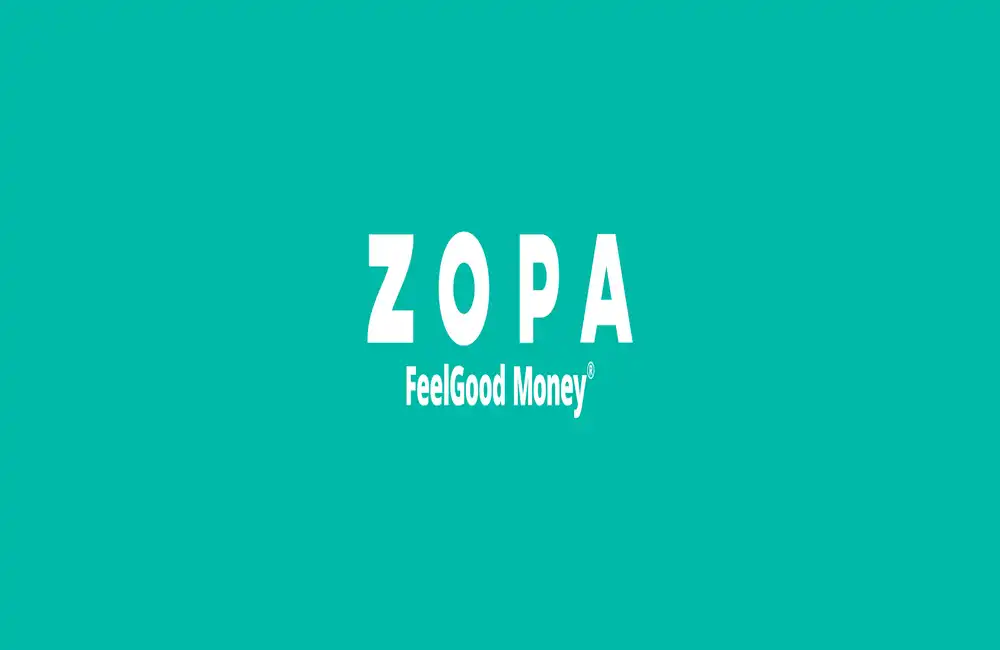Shein, the rapidly expanding fast-fashion giant recognised for its affordable clothing lines, is progressing with its £50 billion initial public offering at the London Stock Exchange (LSE).
The proposed IPO could become one of the biggest listings in UK history and signifies a crucial point for London's financial landscape after Brexit. The planned IPO faces intense scrutiny regarding valuation accuracy while encountering regulatory difficulties and investor uncertainty. The article examines how Shein’s intended stock market entry will affect the UK's financial landscape.
Shein's IPO Plans
Shein chose to list on the LSE because geopolitical tensions led to the cancellation of their New York IPO after US lawmakers questioned their data security and labour practices. The £50 billion valuation estimate for Shein's listing is a major achievement for the UK marketplace and ranks Shein among the largest technology company listings ever seen in London. According to the Evening Standard, Shein achieved tremendous growth as demonstrated by its UK revenue of £1.55 billion in 2023 which represents a doubling from the previous year. The valuation scale has produced split reactions because some people see it as a positive sign for London's financial sector after Brexit but others doubt whether it matches Shein's fundamental business operations.
Regulatory Challenges
Transparency and Labour Concerns
The most debated issue during the IPO stems from regulatory examination. British politicians such as Alicia Kearns, who leads the Commons Foreign Affairs Committee, and Labour MP Sarah Champion have expressed strong concerns about Shein's labour practices because of reports about poor working conditions and a lack of supply chain visibility. A Retail Gazette investigation brought to light charges against supplier factories for making employees work 18-hour shifts while paying them just 3p per item. The questionable practices of Shein have triggered calls for more rigorous oversight, while ethical doubts regarding its business operations continue to emerge.
The Financial Conduct Authority (FCA) will serve as a key regulator by stressing disclosure rules and transparency standards for businesses that want to go public at the LSE. The focus on governance and environmental, social, and governance (ESG) metrics indicates changing investor expectations and may affect the direction of the IPO process.
Import Tariffs and Environmental Taxes
The requirement for Shein to pay higher import duties and environmental levies adds to their regulatory challenges. The founder of Superdry Julian Dunkerton alongside other advocates argue that Shein’s tax practices involving low payments relative to revenues threaten UK retailers while undermining efforts to regulate unsustainable industry practices.
Valuation Considerations
Shein’s proposed £50 billion valuation is ambitious. The retailer achieved £24.4 million in UK profits last year, which represented a doubling of its previous financial performance, while global profits surpassed £1.6 billion, according to the Evening Standard. Experts state that despite impressive numbers, Shein's current valuation appears unjustified under continuous operational examination.
Investor perspectives vary. Investors with interests in high-growth sectors find the IPO to be an attractive proposition. Retail Gazette reports that Aviva Investors and Schroders, among other large fund managers, are maintaining a reserved stance toward Shein because of its questionable ethical reputation. ESG-aligned investment guidelines that shape capital distribution are creating more of a divide from classic profit-driven strategies.
Investor Sentiment
Divergent Views Among Fund Managers
The possibility of Shein going public has sparked intensified discussions among major investors in the UK. Some investors will look to benefit from the company’s growth potential while others who focus on sustainable practices choose to reject the listing opportunity. UKSIF-affiliated institutions warned that proceeding with Shein's listing without addressing its ethical issues may transform London into a final option for firms with poor practices.
Broader Implications for UK Market Confidence
Public disapproval of Shein demonstrates London's challenge in drawing international IPOs while retaining ethical market trust. The LSE stands to become an appealing center for worldwide companies through a successful Shein listing. London’s financial reputation may suffer if investor and regulatory issues remain unresolved in the current competitive post-Brexit global market environment.
Implications for the UK Stock Market
Reinforcing the LSE’s Position
A successful Shein IPO would recognise the LSE as a strong alternative to New York for major listings. The Shein listing would energise investor engagement while showcasing London's capacity to host major global companies despite the reduction of IPO activities throughout European markets.
Risks of Undermining Ethical Governance
The LSE could create an undesirable standard by allowing Shein’s IPO to proceed without scrutiny. The LSE's decision to allow companies with doubtful ethical practices to list undermines its strategy to establish London as a leading centre for ESG-compliant investments. The negative image connected to Shein’s business practices might discourage high-governance-standard companies from seeking future listings.
Impact on UK Retail
Shein’s ongoing growth threatens traditional UK retailers such as ASOS and boohoo.com within the domestic market. Through its position as a low-cost, high-volume competitor, Shein creates downward pricing pressure that requires existing businesses to modify their operational strategies. According to The Financial Analyst, the increased competition from Shein's business practices could worsen environmental and social issues.
Final Thoughts
The London IPO of Shein serves as both a chance to rejuvenate the UK stock market and a benchmark test for its viability. The event can reinvigorate capital markets while drawing international investors but also emphasises the growing importance of ESG factors in investment choices. Shein's success in meeting established standards will determine its own success and London's financial ecosystem's future trajectory.
Stakeholders, including regulators and investors, must balance profitability and accountability. Modern business models require sustainability and transparency to succeed in the current ethical investment environment.



















